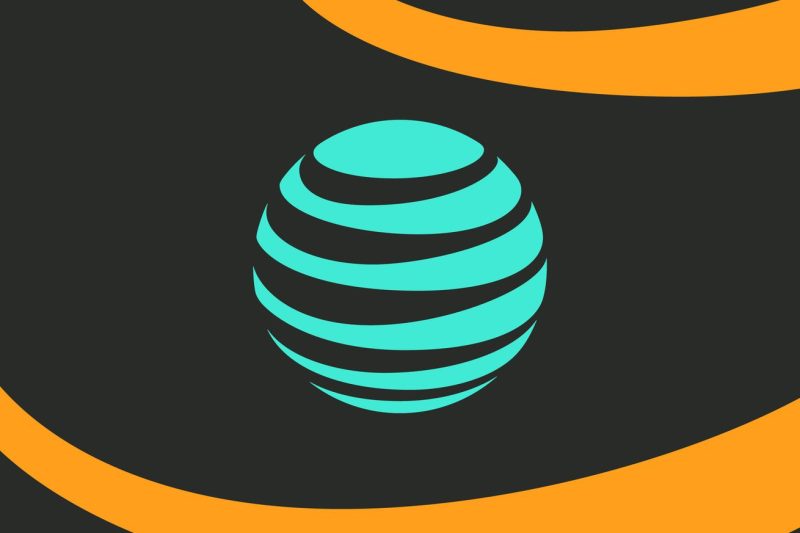**The AT&T and Verizon Outage: Insights and Implications**
**Background of the Outage**
The recent AT&T and Verizon outage that disrupted phone calls for many users has highlighted the fragile nature of our modern communication infrastructure. The outage, which lasted for several hours, left countless individuals and businesses without the ability to make or receive calls. This incident serves as a stark reminder of the importance of reliable and resilient communication networks in today’s interconnected world.
**Causes of the Outage**
The outage was reportedly caused by a technical glitch in the networks of both AT&T and Verizon, two of the largest telecommunications providers in the United States. While the exact nature of the glitch has not been disclosed, experts suggest that the issue may have originated from a software update or a hardware malfunction. The simultaneous occurrence of the outage on both networks indicates a systemic vulnerability that requires further investigation and safeguards to prevent future incidents.
**Impact on Users**
The outage had a significant impact on users who rely on their phones for essential communication. Many individuals were unable to make emergency calls, reach loved ones, or conduct business transactions during the outage. Businesses that depend on phone communication experienced disruptions in their operations, potentially leading to financial losses and damage to their reputation. The outage served as a wake-up call for many users to consider diversifying their communication channels and ensuring redundancy in their systems to mitigate the risk of future outages.
**Response and Recovery Efforts**
AT&T and Verizon swiftly responded to the outage by mobilizing their technical teams to identify and resolve the underlying issues. The companies issued public statements acknowledging the outage and apologizing to affected customers for the inconvenience caused. Both providers have committed to conducting thorough reviews of their networks and implementing measures to enhance their resilience against similar incidents in the future. The response and recovery efforts demonstrated the importance of transparency and communication in managing crises and maintaining customer trust.
**Lessons Learned and Future Preparedness**
The AT&T and Verizon outage serves as a valuable learning opportunity for telecommunication providers and users alike. It underscores the need for continuous monitoring, testing, and updating of network systems to prevent and respond to potential outages effectively. Providers must prioritize investment in infrastructure, cybersecurity, and disaster recovery measures to ensure the reliability and security of their services. Users, on the other hand, should adopt best practices such as backing up their contacts, using alternative communication methods, and staying informed about service status updates during outages.
**Conclusion**
The AT&T and Verizon outage sheds light on the vulnerabilities inherent in our communication networks and emphasizes the importance of proactive measures to prevent and mitigate service disruptions. By learning from this incident, stakeholders across the telecommunications industry can work together to build more resilient and reliable networks that meet the evolving needs of users in an increasingly interconnected world.

